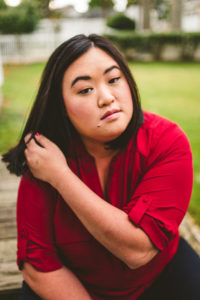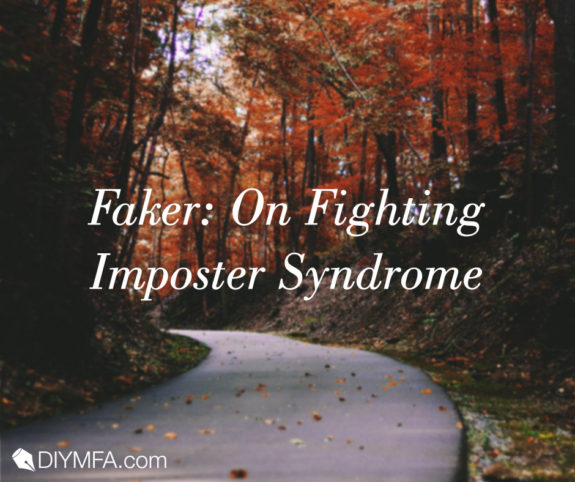Like most writers, I fantasize about being published. When I was writing my thesis for my MFA, I imagined getting a phone call. No, the phone call. I envisioned myself surrounded by family and friends—my phone would ring and it would be someone telling me my book was going to be on shelves. They would cheer and lift me on their shoulders (in the fantasy, I’m also 100 lbs. lighter). In reality, I was alone—babysitting a friend’s kid, stirring cheese powder into noodles.
I called my mentor first, and I’ll never forget what he said after congratulating me: “Lauren, it’s not going to save you.”
It wasn’t until after publication I realized what he meant.
What Do You Do?
Whenever someone asked me this question, I would always tell them what my job was at the moment—barista, bookseller, bartender. I think maybe once I said “writer” to which the person replied, “What have you published?” I never said “writer” again.
I felt like I’d been caught in a lie. After all, I hadn’t been published and—if I’m being honest—I hadn’t been writing all that much. Dreams of becoming a writer and actually being one aren’t the same, right?
After Inconvenient Daughter became a book I could hold in my hands instead of an idea in my head, I thought so many things would change. I thought old boyfriends would regret leaving me, that my parents would admit I was right to pursue writing instead of becoming an accountant…I thought I would officially be inducted into “writerdom.” But none of those things happened.
Imposter Syndrome Runs Deep
I don’t know that anyone ever feels like a writer, but I can tell you that I certainly don’t. As a transracial adoptee—specifically, a Korean adoptee raised by white parents—my imposter syndrome runs pretty deep. I never feel wholly Korean or American, neither of Korea nor of America.
It’s kind of the same with writing—I published a book, but I don’t feel like a writer.
Even now when people ask what I do, I tell them about the claims I process for insurance companies and field questions about their health benefits. And the more I think about it, the more I think we—the writing community—need to rethink what makes a writer a writer. We need to shake this imposter syndrome.
Us vs. Them
When I was in graduate school, the Us vs. Them mentality was strong. The “Us” being those of us in MFA programs, the “them” being those who weren’t. But “Us vs. Them” extends to publishing too. I used to think what separated writers and dreamers was an ISBN, but the reality is the only thing separating writers from identifying as writers is the mentality that there’s a specific set of requirements to be a writer, AKA imposter syndrome.
So, for whoever needs to hear this, if you dream of writing—you are a writer.
If you avoid writing and wish you didn’t—you are a writer.
And, if you’re not published, if you’re not in an MFA program, if you’ve gotten a ton of rejections—you are a writer.
Get rid of that imposter syndrome once and for all. You are a writer.
Dream on.

Lauren J. Sharkey is a writer, teacher, and transracial adoptee. Inconvenient Daughter is her debut novel, and loosely based on her experience as a Korean adoptee. You can follow her at ljsharks.com, and on Facebook, Instagram, and Twitter.







